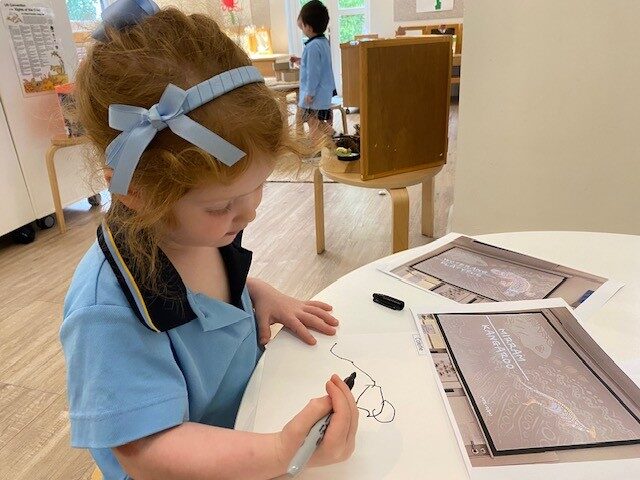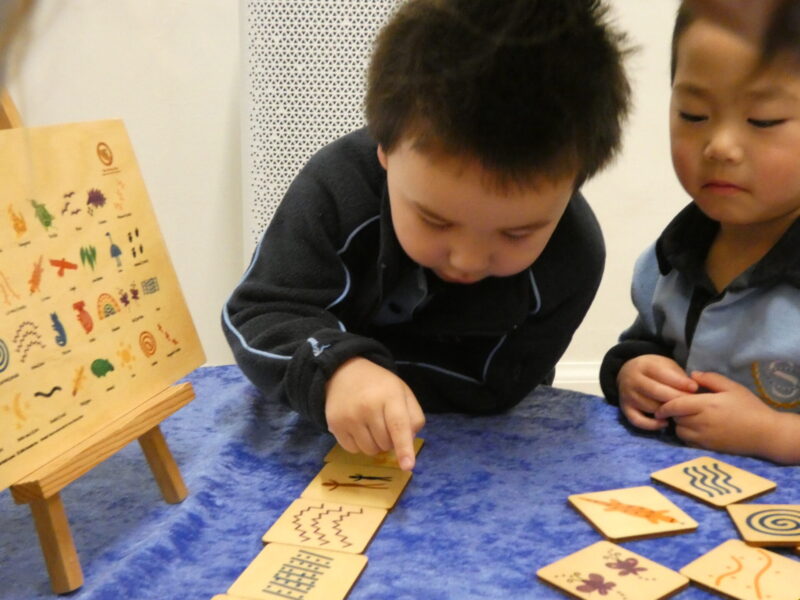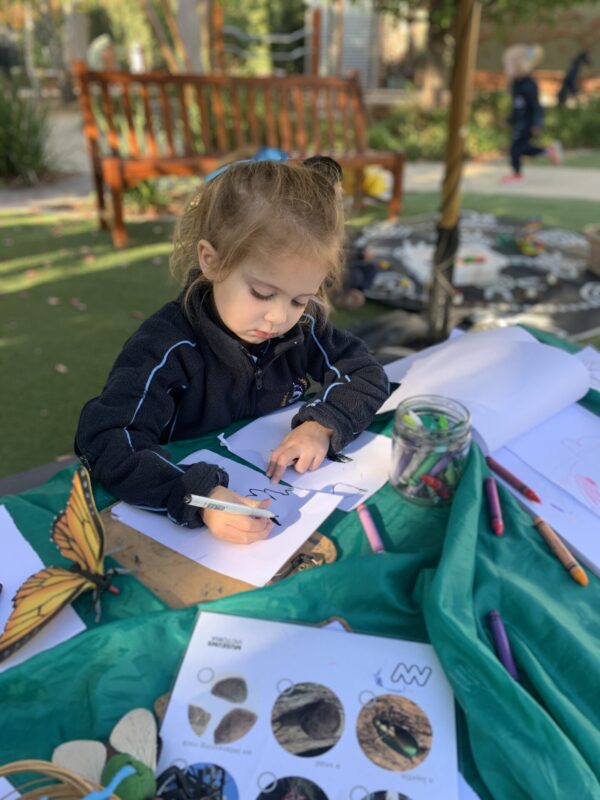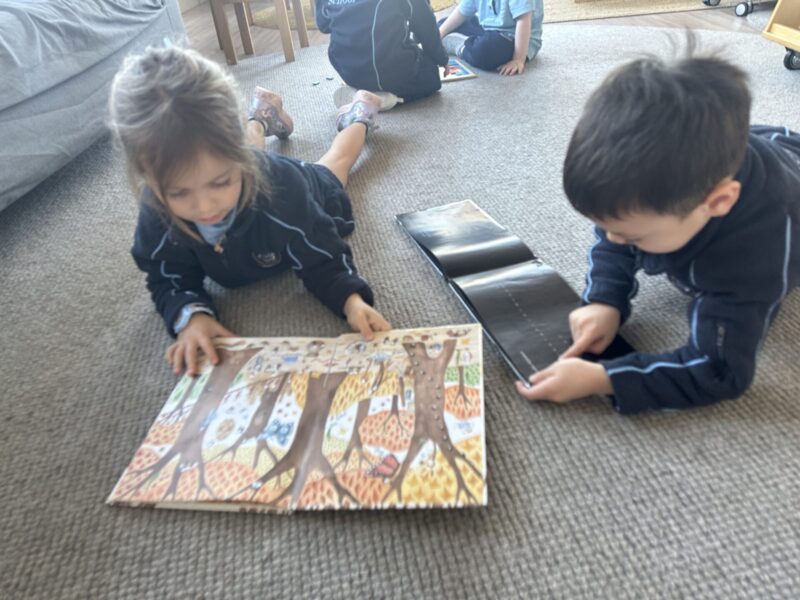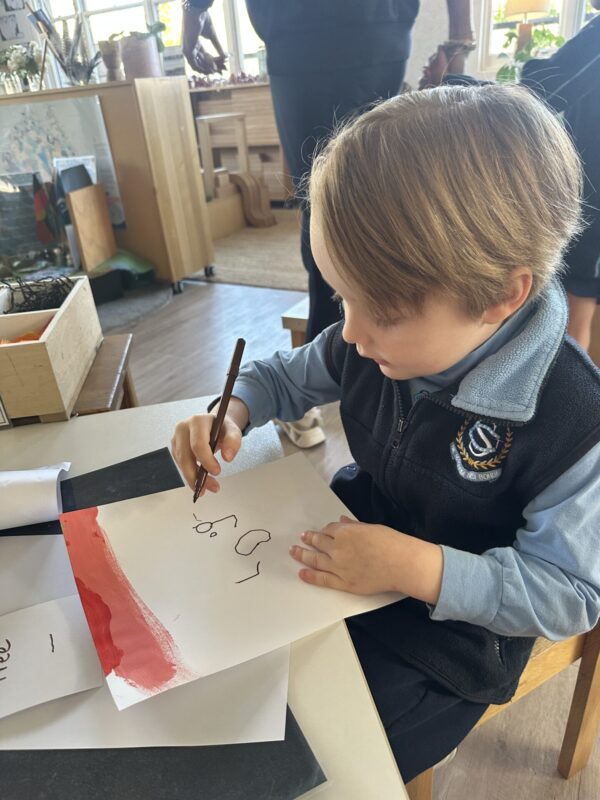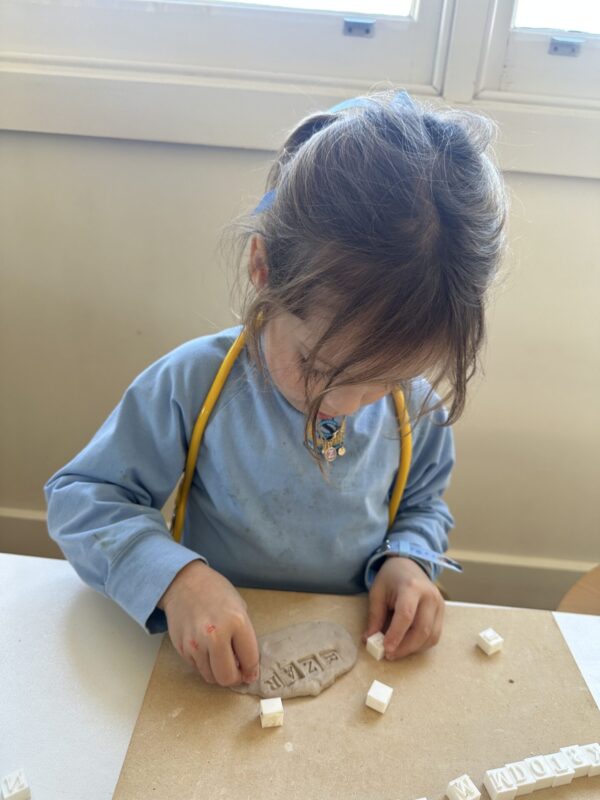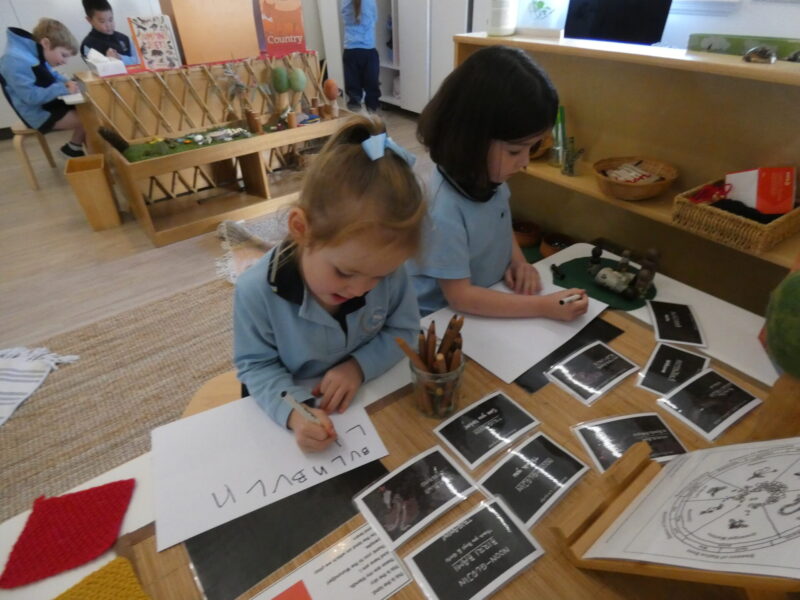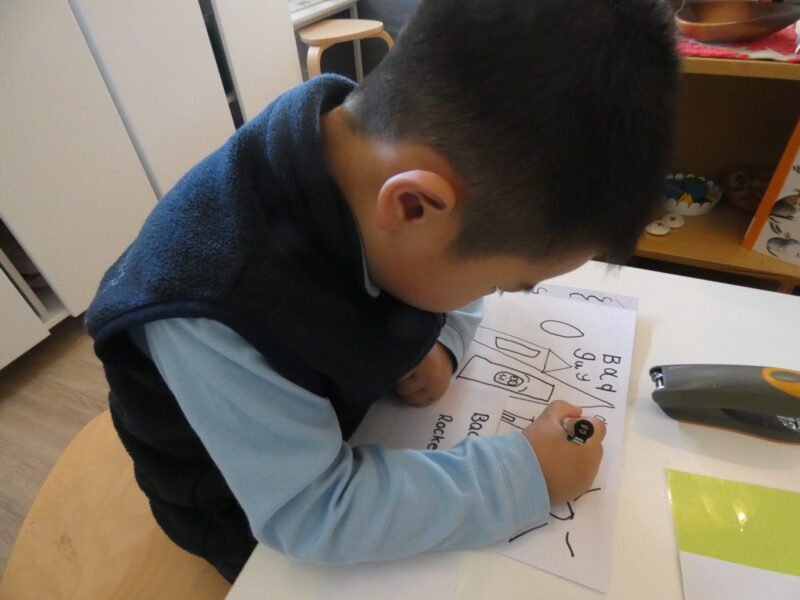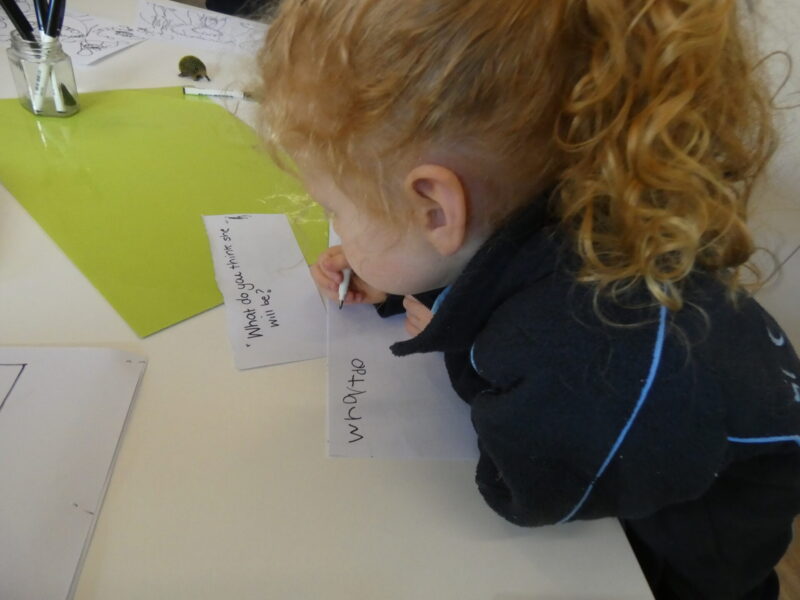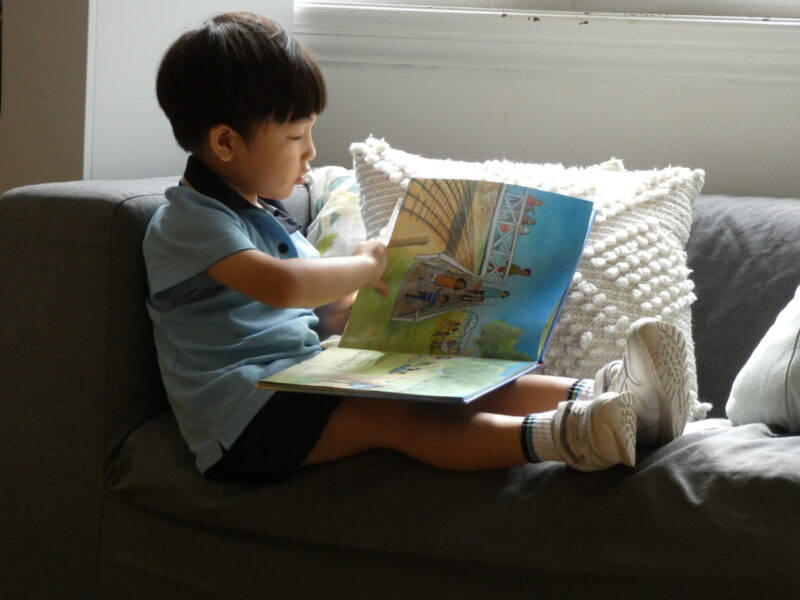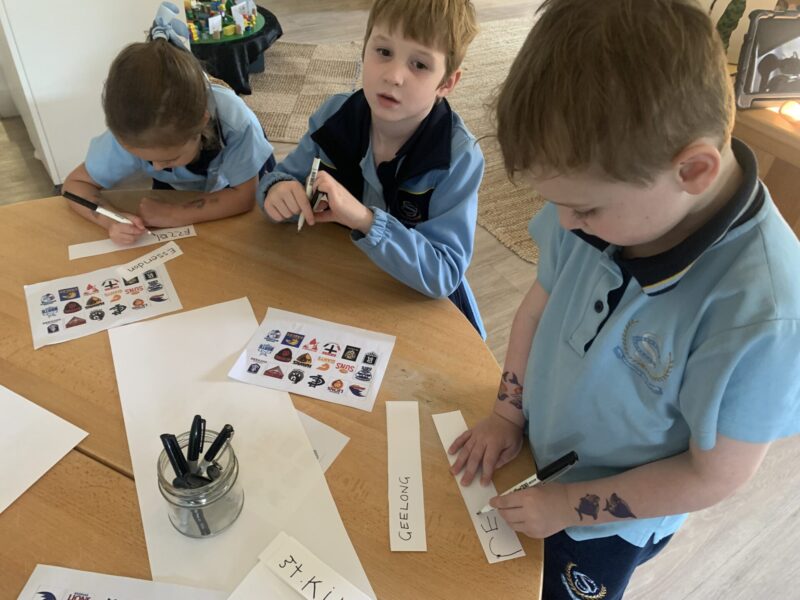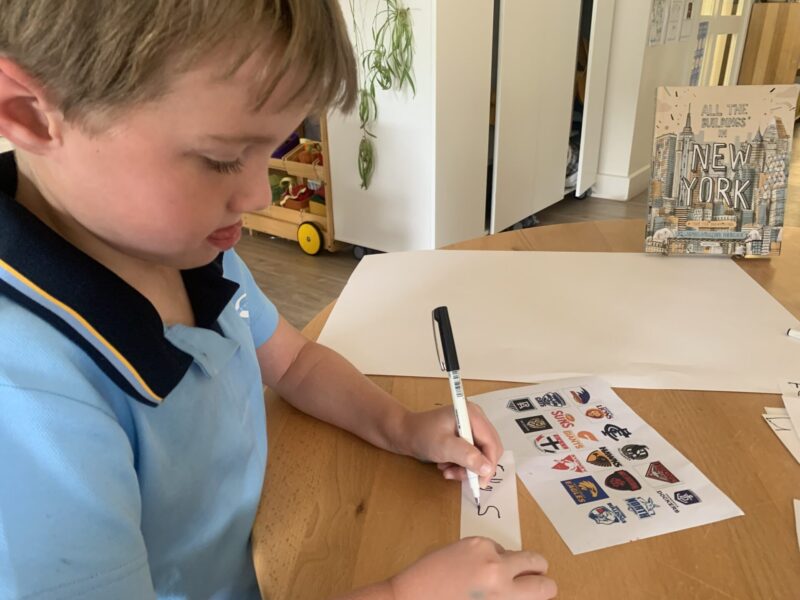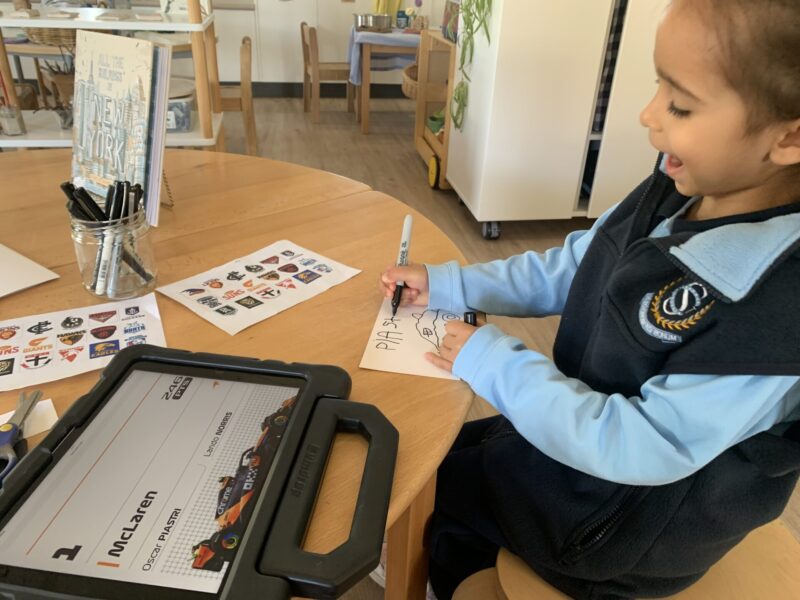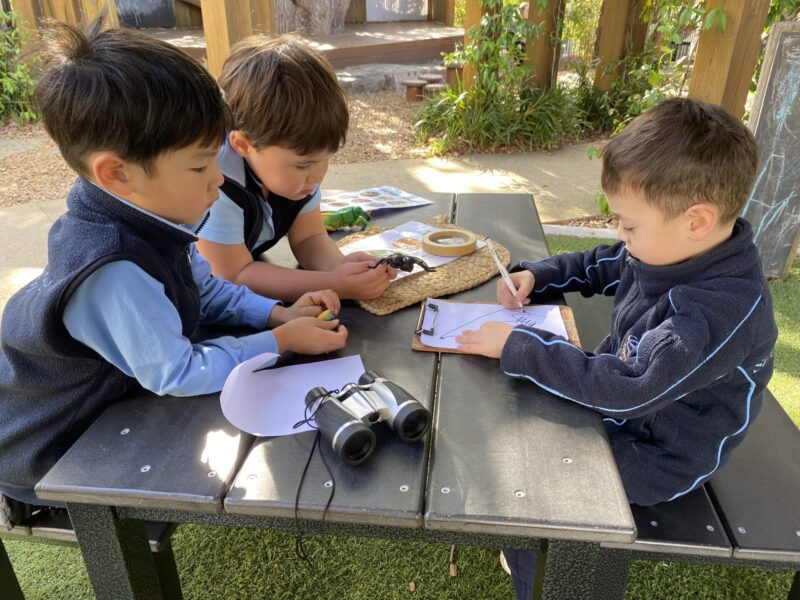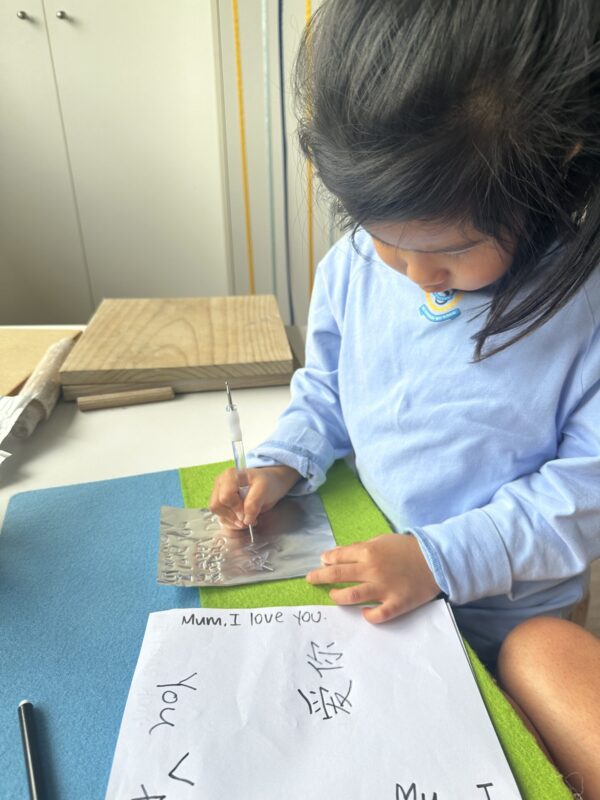Building the foundations of learning
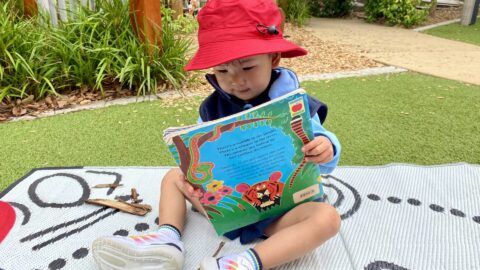
The early childhood years are a critical time for building the foundation of literacy. Before children learn to read and write independently, they develop a range of essential skills known as ‘pre-literacy’ skills. These include listening, speaking, understanding print, recognising sounds in words, and developing a love for books. The Early Learning Centre (ELC) programs play a vital role in nurturing these abilities through intentional teaching, language-rich environments, and engaging experiences.
Pre-literacy skills are the building blocks that prepare children for reading and writing. These skills include:
Oral language development: vocabulary, sentence structure, and conversation skills.
Phonological awareness: the ability to hear and manipulate the sounds in words.
Print awareness: understanding that print has meaning and knowing how books and print work.
Letter knowledge: recognising letters and knowing that they represent sounds.
Story comprehension: understanding and retelling stories and events.
Children who develop strong pre-literacy skills in their early years are more likely to become successful readers later on. The ELC Educators provide the environment, structure, and guidance to support these skills every day. This includes:
Reading Aloud: Storytime is a cornerstone of our ELC classrooms. Educators read a variety of books aloud, using expression and questioning to spark interest and comprehension. Children learn how stories are structured, recognise repeated phrases, and develop vocabulary as they listen.
Interactive Language Use: The ELC educators engage children in rich conversations, asking open-ended questions and encouraging children to express themselves. Through these dialogues, children practise forming sentences, using new words, and improving their listening and speaking skills.
Songs, Rhymes, and Word Play: Singing songs, chanting rhymes, and playing sound games help children develop phonological awareness. These fun, musical activities help children recognise rhythms, syllables, and rhyming patterns—essential for decoding words later on.
Exploring Print in the Environment: Our ELC classrooms are print-rich environments. Labels on shelves, daily schedules, charts, and signs all help children connect spoken language to written words. Educators often model writing and encourage children to explore writing tools and make their own marks, even if they’re not yet forming letters.
Alphabet and Letter Recognition Activities: Through puzzles, games, and hands-on activities, children learn to recognise letters and associate them with sounds. These playful introductions to the alphabet are the first steps toward understanding phonics.
Encouraging a Love for Books: The ELC children are given access to a wide range of age-appropriate books and are encouraged to explore them independently. This fosters a natural interest in reading and builds motivation to learn more.
Pre-literacy development doesn’t happen by chance—it thrives in nurturing, engaging environments designed with intention. The ELC programs support the growth of these crucial skills by immersing children in language-rich experiences, fostering curiosity, and making literacy fun and accessible. When young children are given the right tools and encouragement, they enter Prep ready to read, learn, and succeed.


